Such is Boris Johnson’s magnetic draw that his resignation gambit is still being discussed largely in terms of what it means for Boris Johnson: will he be back in the Commons next year? Could he lead his party again?
But it is time to ponder what it means for Rishi Sunak, who after all is the Prime Minister and therefore in conventional terms currently a far more important figure than Johnson.
It does not take a genius to work out that Johnson resurfacing with a malevolent eye and then blowing his lid like Moby Dick attacking the Pequod is very bad news for the captain of the ship of state.
While Johnson’s overall popularity has certainly dimmed, he retains a big and passionate following within the Tory activist base and in some of the Red Wall constituencies whose fate will decide the next election. His deliberate stoking of a ‘Brexit is in danger’ narrative and attacks on the Sunak administration for not being ‘properly Conservative’, are also clearly designed to accentuate a loss of faith in the PM – even to bring him down.
Sunak could credibly outflank Johnson in a Conservative direction were he to venture out of his economic policy comfort zone and start to show us what he thinks a good society looks like.
And it is not just what Johnson says but the way he says it that is so harmful to Sunak. Every strength of Boris’s – even those which have come and gone – highlights a weakness of Rishi’s. There’s the overwhelming mandate the blond bombshell won from his party and then the country; his ability to connect emotionally with key parts of the electorate; his flair for expressing himself memorably both on the written page and from a podium.
Compared to the star power of Johnson, Sunak’s technocratic gradualism hardly cuts it. He might just halve inflation by the end of the year, barely keep us out of a recession and achieve some minuscule reductions in NHS delays, but the nation is in the mood for big changes, not little ones. His recent claim that a 20 per cent reduction in small boat arrivals – which is largely down to bad weather in the Channel – represents some kind of radical breakthrough also tells the electorate that it does not have a epoch-making PM on its hands.
Had Kemi Badenoch or Suella Braverman won last summer’s Tory leadership contest then voters with conservative beliefs and leanings would surely know by now why it was worth fighting to sustain them in office. Either would be battling hard against the hated progressive ‘Blob’ on multiple fronts: to bring down immigration levels, boost the traditional family, protect women’s spaces, bolster law and order, restore incentives for wealth creation and generally fend off what Father Ted once memorably described as ‘too much of this sort of thing’.
One can imagine what Badenoch in particular would have made of Labour MP Bell Ribeiro-Addy’s challenge to Sunak to apologise for Britain’s past role in slavery in PMQs a few weeks back. She’d have slaughtered it, making the Tory heartbeat race and exploiting the opportunity to depict Labour as constantly running down our wonderful country. What did we get from Sunak? Just some humdrum stuff about not wanting to unpick our history.
Time and again he has lapsed into ‘desiccated calculating machine’ mode – a phrase incidentally first deployed by Aneurin Bevan against Sunak’s fellow Wykehamist major party leader Hugh Gaitskell. While nobody should fault Winchester College’s dedication to numeracy, the ability to forge an emotional connection with the Tory tribe is what Sunak needs right now.
Oddly enough, Johnson’s vainglorious attack on him unintentionally highlighted some obvious ways in which he might do this. For here was a man calling for a ‘properly Conservative’ approach who never once spoke up for the institution of the family – how could he have done? – who trebled net immigration, who went ga-ga for carbon net zero while paying scant attention as to how to sensibly phase any transition and who cheered a Stonewall conference fringe at a time when that organisation was seeking to impose militant trans ideology across the public realm.
None of these positions are ‘properly Conservative’ but instead show up Bo-Jo as a boho – a metropolitan liberal with a talent for tickling the Tory Party’s erogenous zones.
Sunak could credibly outflank Johnson in a Conservative direction in all the above policy areas were he to venture out of his economic policy comfort zone and start to show us what he thinks a good society looks like.
Right now he is staring down the barrel of three impending by-election defeats. The Conservative grassroots are so demoralised that I am told talk of an election in October next year is increasingly regarded as unrealistic. Next May’s local election results are expected to be so disastrous that they would destroy the party’s ground game via the loss of thousands of councillors and make defeat to Keir Starmer seem a done deal. So the general election will probably need to be fought simultaneously with the locals, if not shortly beforehand.
Talk among Tory MPs about whether they are facing a 1992 or 1997 scenario implicitly casts Sunak as a John Major figure in either case. By 1997 Major was lampooned as a weakling whose biggest idea had been the cones hotline. But in 1992 he found a soap box and surprised people with his passion. This is exactly what Sunak must now do if he is to avoid being crushed in the black hole of Boris Johnson’s ego.
Got something to add? Join the discussion and comment below.
Get 10 issues for just $10
Subscribe to The Spectator Australia today for the next 10 magazine issues, plus full online access, for just $10.

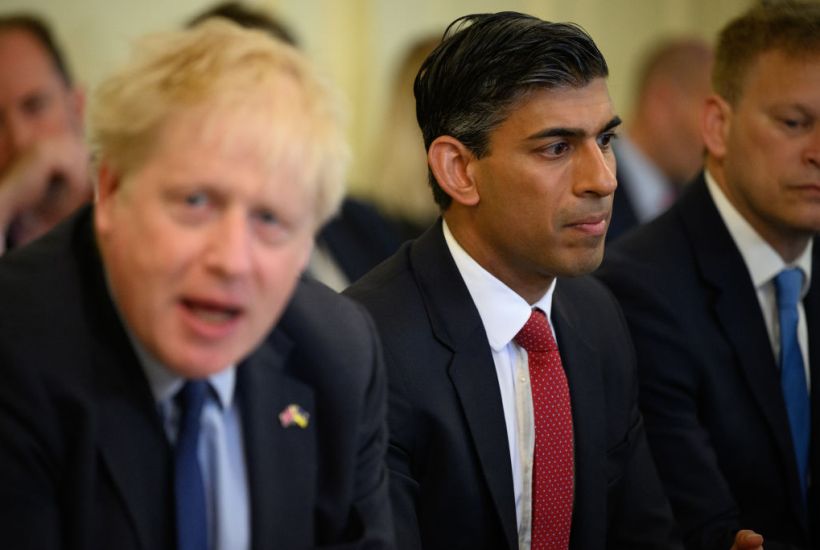
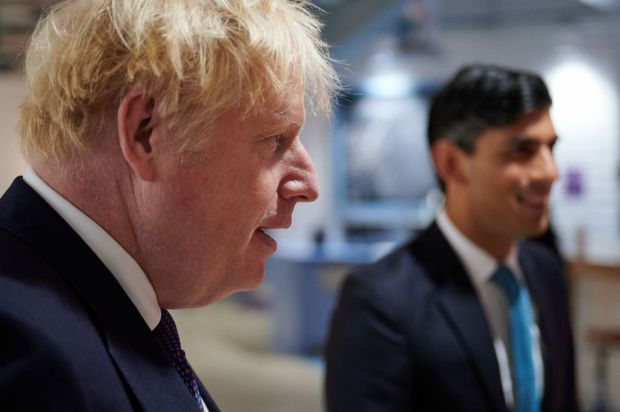
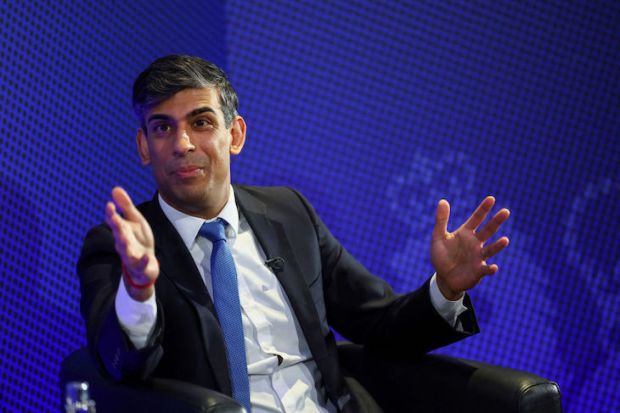

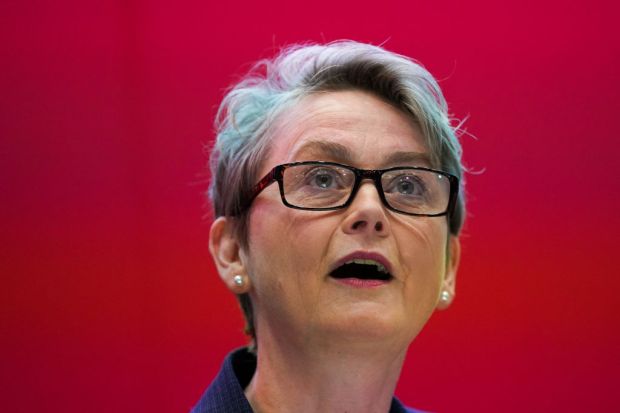
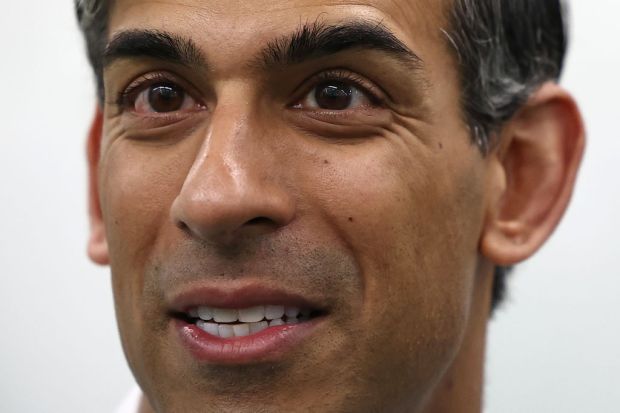













Comments
Don't miss out
Join the conversation with other Spectator Australia readers. Subscribe to leave a comment.
SUBSCRIBEAlready a subscriber? Log in